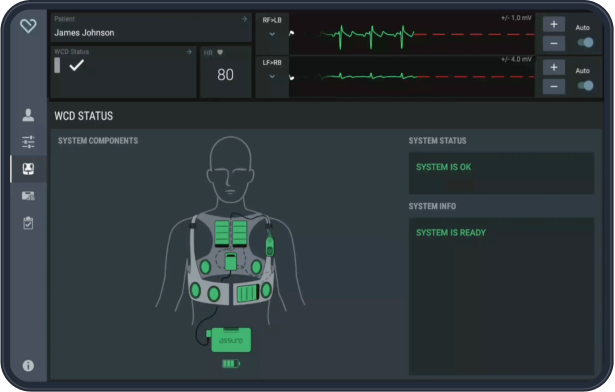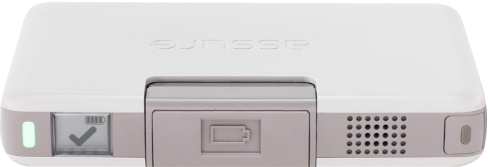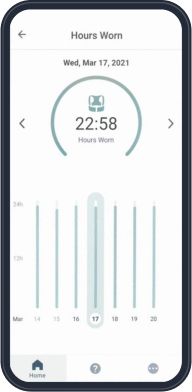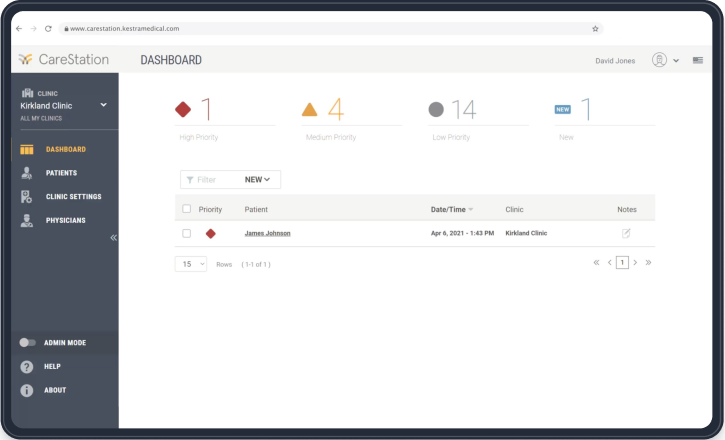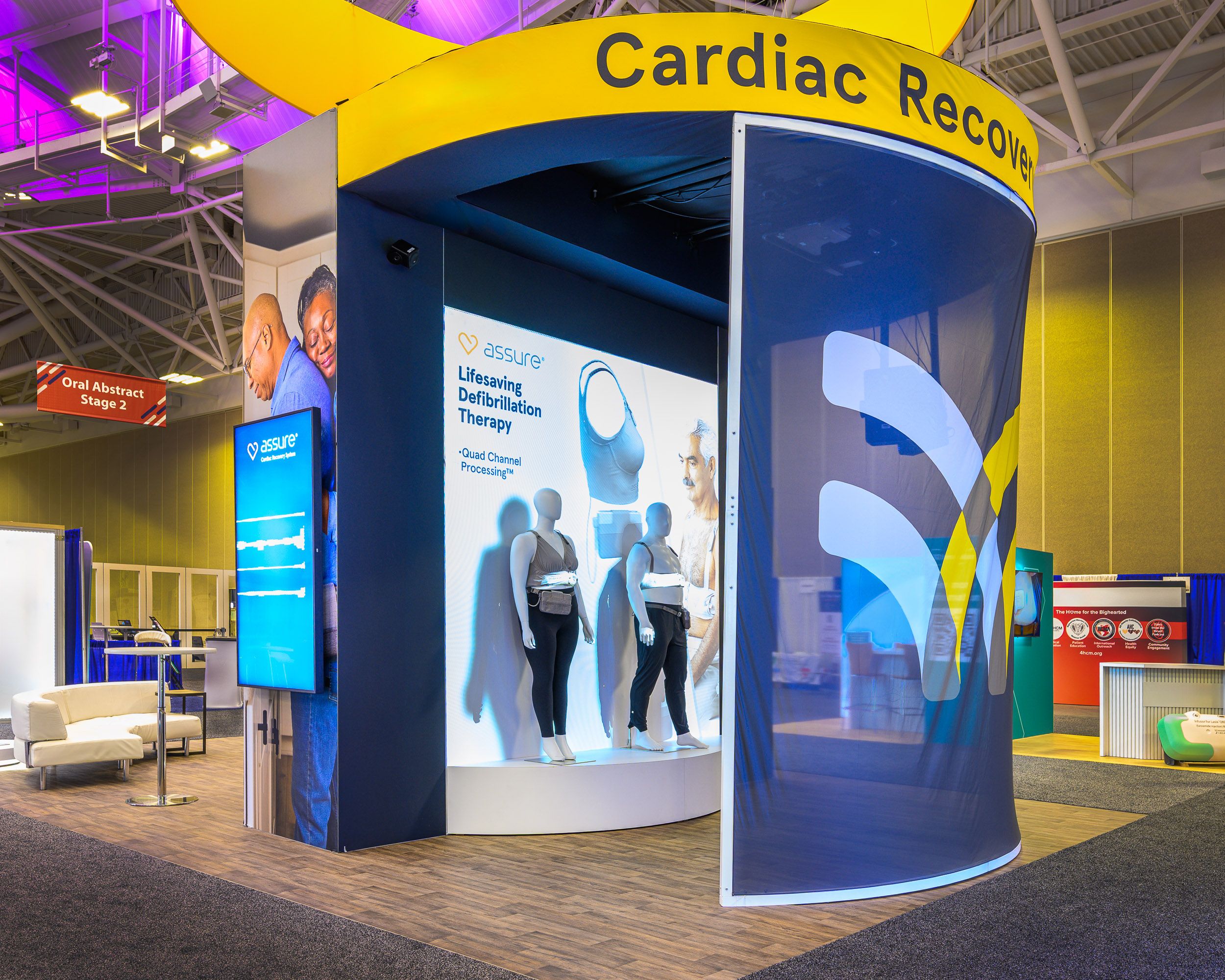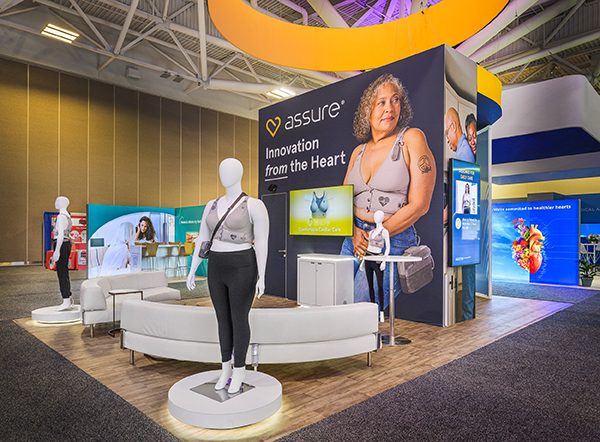Chicago, IL



Kestra's Mission
Advancing SCA Risk Management: Insights from the ACE-PAS Trial
The ASSURE® WCD Clinical Evaluation Post-Approval Study (ACE-PAS)—the largest prospective real-world study of wearable defibrillators to date—provides contemporary evidence on the performance, safety, and real-world use of the ASSURE® Wearable Cardioverter Defibrillator (WCD).
In this on-demand panel discussion hosted by MedAxiom, leading investigators and clinical experts review the study’s design and outcomes and share their perspectives on how ACE-PAS may help inform care decisions for patients at elevated risk of SCA.
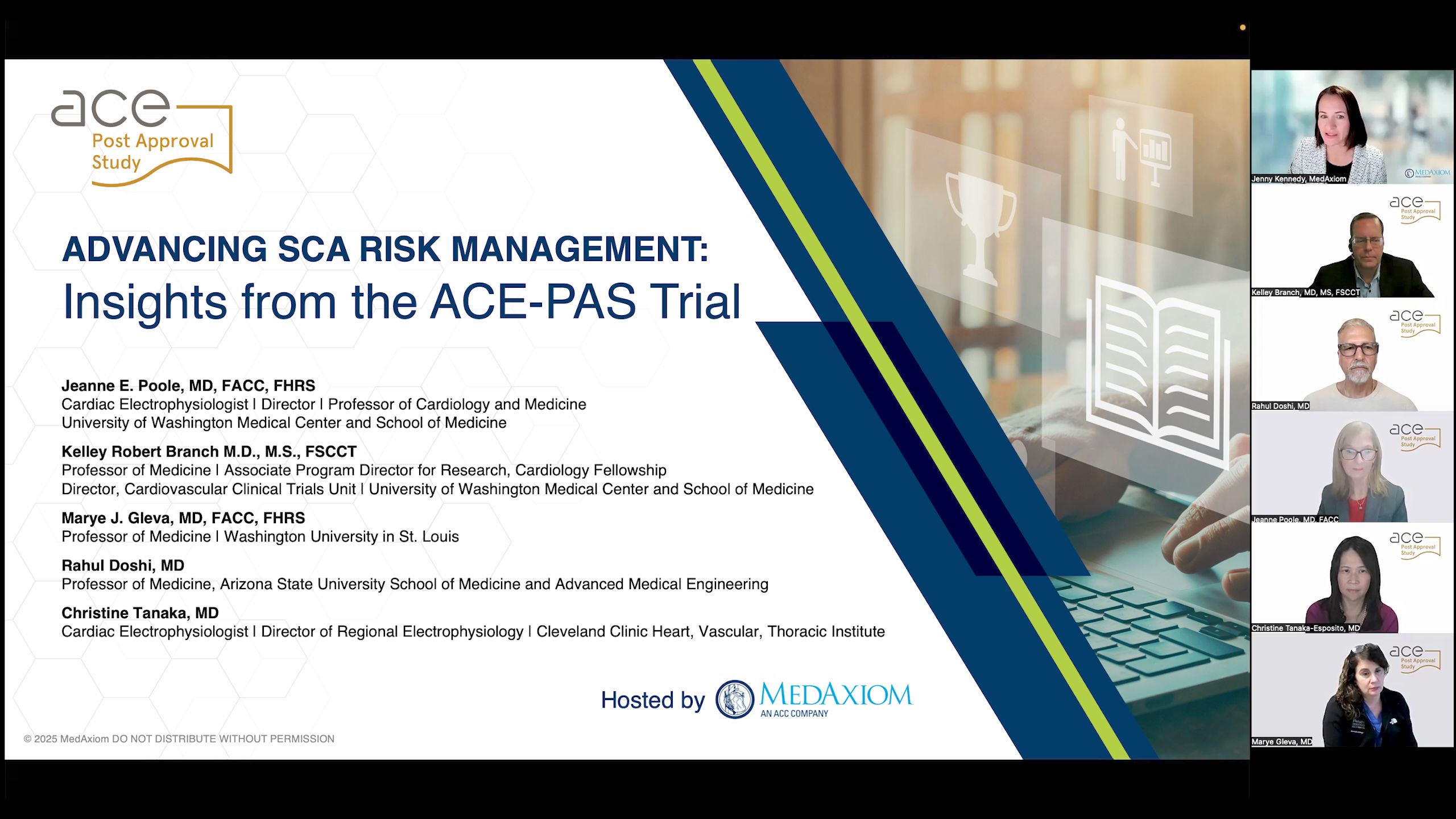
We work at the intersection of digital healthcare, smart wearables, mobile connectivity, and lifesaving medical technology.
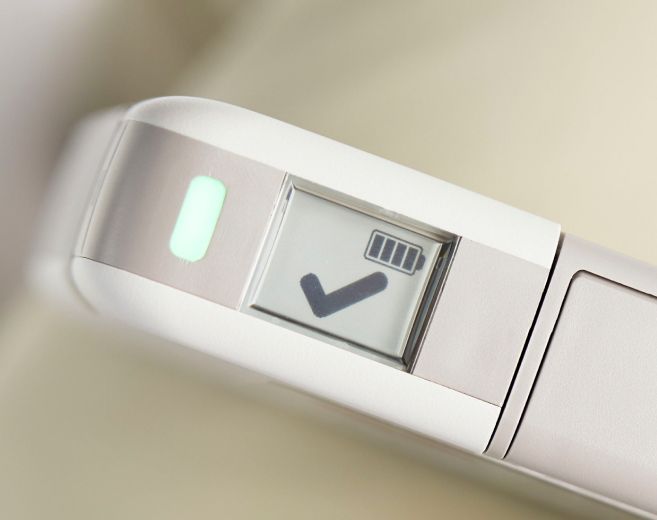
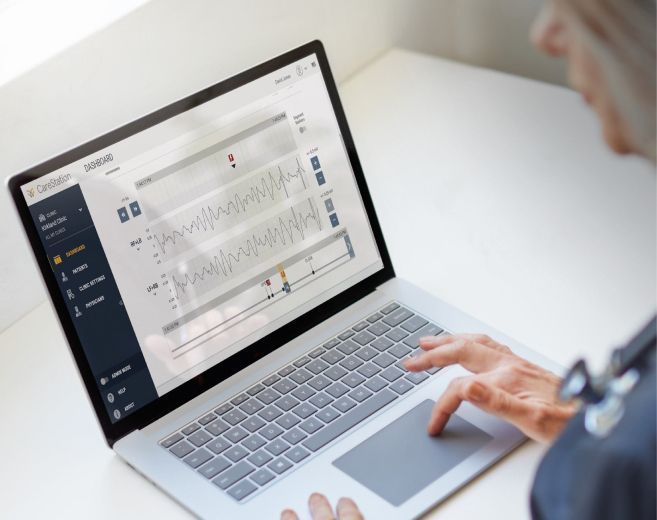
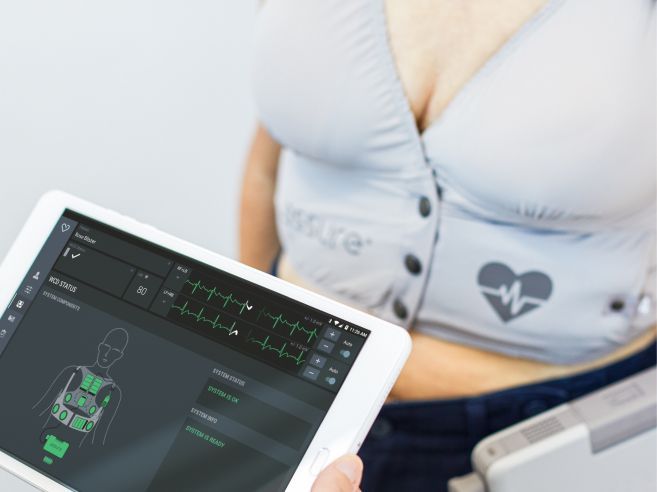
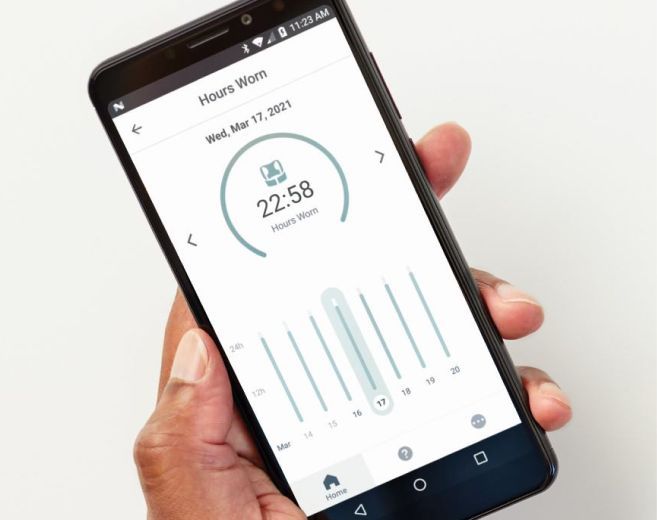
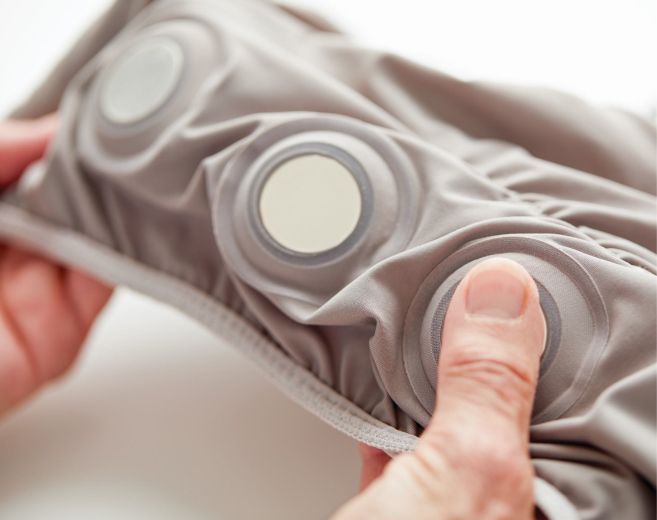
Sudden Cardiac Arrest is a Leading Cause of Death
Sudden Cardiac Arrest (SCA) claims the lives of 475,000¹ people in the United States each year.
SCA is an abrupt cessation of the normal heartbeat that is triggered by an electrical malfunction in the heart, typically caused by ventricular arrhythmias. It can lead to a loss of consciousness and potentially death within minutes if not treated.
Approximately 70% of SCAs in adults occur at a home or residence and about 50% of those are unwitnessed².
According to the American Heart Association, in many cases of SCA, early defibrillation is the only way to restore a victim’s heart rhythm to normal.
1 https://cpr.heart.org/en/resources/cpr-facts-and-stats 2 Virani et all., Circulation 2021;143:e254-e743

Low Cardiac Output Patients are at Higher Risk of SCA
Heart failure (HF) patients and patients with low left ventricular ejection fraction (low LVEF) of 35% or below are at elevated risk of SCA while waiting for their condition to improve or until eligible for subsequent therapy.
Wearable Cardioverter Defibrillators (WCDs) are non-invasive, monitor around the clock, and can protect patients who are at known risk for SCA.



Cardiac Recovery System®
The ASSURE® system from Kestra is a modern WCD offering integrated sensing, autonomous detection, and highly effective defibrillation therapy. The system includes the Kestra CareStation™ remote patient data platform, designed to provide robust management of at-risk cardiac patients, and the ASSURE patient application to engage patients in their own recovery and care.
The components work in concert to promote patient compliance while offering protection during normal patient activities.

